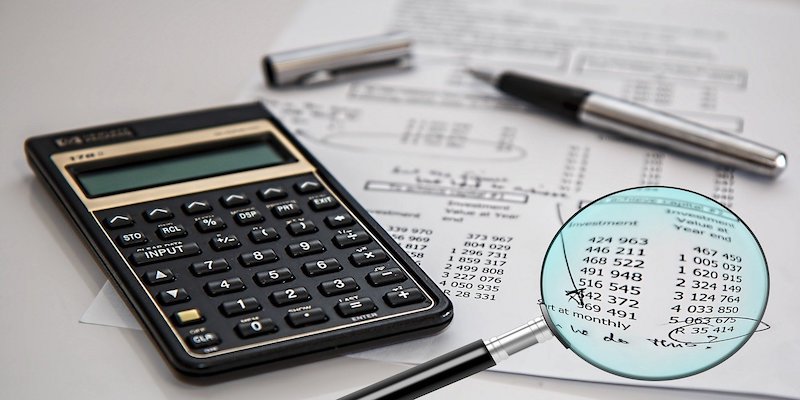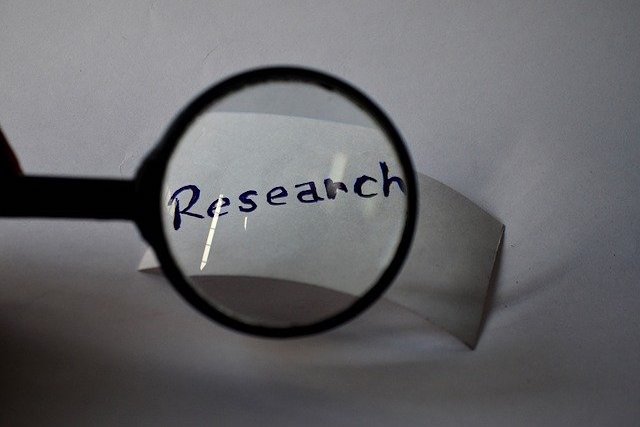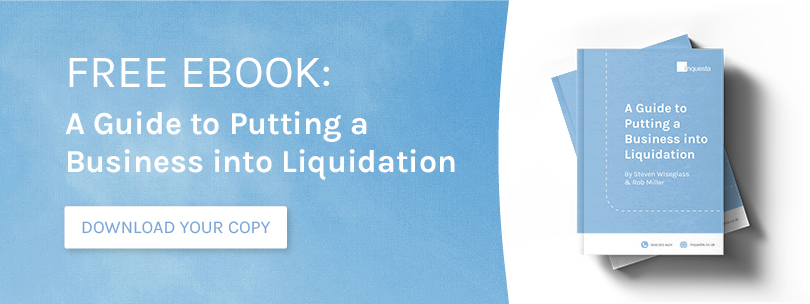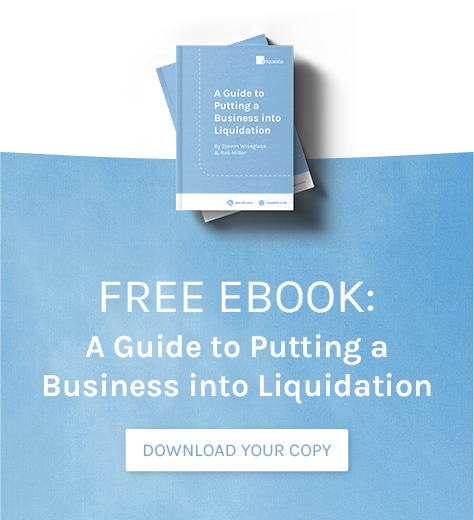While it is fair to say that accounting is not thought of as the most glamorous of careers, this cannot be said of forensic accounting. This is because the forensic accounting investigation process can be utilised to uncover cases of fraud, embezzlement and theft.
Forensic accounting has become particularly important in recent years, with high-profile instances such as Tesco’s financial irregularities hitting the headlines. But what exactly is forensic accounting and how does it work?
What is Forensic Accounting?
Forensic accounting is a branch of accounting that deals with the investigation of a company’s financial records to try and uncover evidence of misconduct or fraud. It also provides in-depth analysis of the firm’s books that can be presented as evidence in court if necessary.
Forensic accountants can be thought of as being financial detectives who go through every single transaction that is recorded to try and find any illegal or fraudulent activity. The procedure has a wide range of uses, ranging from matrimonial disputes, to commercial disputes and shareholder disputes.
Forensic Accounting Investigation Techniques
There are several different forensic accounting investigation techniques that are used throughout every single procedure. These include:
Document Reviews
The first thing a forensic accountant will do is review all of the company’s documents that are readily available, often starting with ones that are already in the public domain. This includes anything in the public database, corporate records and anything that is legally available online. Forensic accountants will also carry out a thorough background check of the company to gain an understanding of its past dealings.
Conducting Interviews
This is an extremely useful forensic accounting investigation technique as it helps the investigator fully understand all of the facts of the case. It can also turn an unwilling witness into an extremely valuable source of information.
An interview should be used to thoroughly assess the gravity of the situation and prepare relevant questions that could aid the investigation further down the line. Discussions should take into account every little detail, while also looking at the bigger picture to ensure that no stone is left unturned.
Use Trustworthy Sources
Information that is gathered from trustworthy and confidential sources can be extremely valuable to any forensic accounting case. When a piece of information is gathered from one of these individuals, all efforts should be made to hide their identity to prevent anything untoward from happening. A forensic accountant should have as many confidential sources as possible, so they can virtually guarantee that the investigation will have a successful outcome.
Surveillance
This is one of the forensic accounting investigation techniques that is the most conventionally used. It mainly consists of monitoring and tracking all official emails and messages sent by people in the organisation. In more extreme cases, undercover investigations can also take place to try and uncover more information.
Analysing Evidence
Thorough analysis of the evidence can point to the guilty party and also help investigators understand the extent of the fraud that has taken place. This analysis could also identify how secure the company is against future financial scams and install several measures to prevent anything like it from happening again.

The Forensic Accounting Investigation Process
There are typically three stages of the forensic accounting investigation process, which are:
Investigation
The forensic accounting investigation process starts with a client approaching an accountant to convey their concerns about potential fraud within their business. The accountant will also take note of why the client is worried so they can be sure to address the key point of the case and fulfil the terms of their instruction.
There is often some confusion as to what forensic accounting investigation steps actually take place during an investigation. Sometimes the accountant will simply examine known facts, while other cases involve discovering the unknown and digging deep to uncover evidence.
A typical case will involve using a combination of the forensic accounting investigation techniques that we listed above, with the accountants assembling critical information from the company, its director, employees and third parties. The most comprehensive investigations will want to utilise a wide range of sources and seek out a consistent pattern of evidence that identifies the culprit and uncovers exactly what happened.
Reporting
Reporting is the second of the forensic accounting investigation steps that take place during a case. Primarily, the accountants will report to their client about the progress of the case and any evidence that has been uncovered. Any conclusions made should be robust and able to withstand cross-examination and critical analysis. The reporting must also be proactive and suggest recommendations (supported by evidence) so that future instances of fraud can be avoided.
There is also a duty to report suspicions of money laundering within the company should any evidence be discovered. This is mandated by law. Investigators must also be careful not to tip off anybody about their suspicions.
Litigation
If the parties involved in the case fail to come to an agreement, the final stage of the forensic accounting investigation process is litigation. A forensic accountant can act as an expert witness. This can be extremely important for the client and can make the difference between winning and losing.
Any information gathered by the accountant is known as ‘opinion evidence’ as opposed to ‘factual evidence’. The accountant will also expect there to be some form of cross-examination from the opposing party, so thorough preparation is needed.
Expert Assistance from Inquesta
If you are looking for forensic accounting advice, Inquesta is here to help. We are real experts in the field and have amassed decades of experience in helping clients from a wide range of backgrounds – from small family disputes to high-value operations.
Our team of experts leave no stone unturned during the forensic accounting investigation, and ensure that the needs of our clients are placed above all else – wherever possible. This means you can be confident you are dealing with a company that is always working in your best interests.
For more information about how Inquesta can help you, contact a member of our team today or book a free, no obligation consultation.



